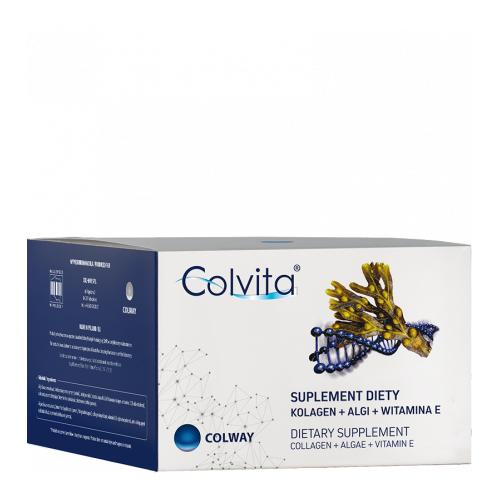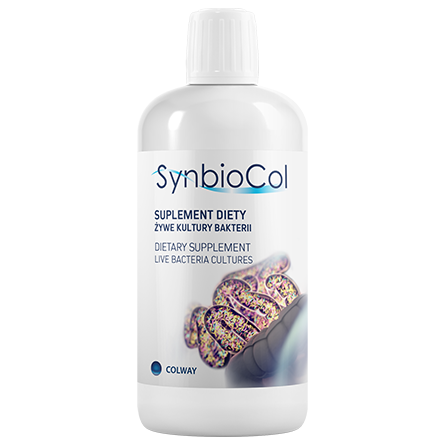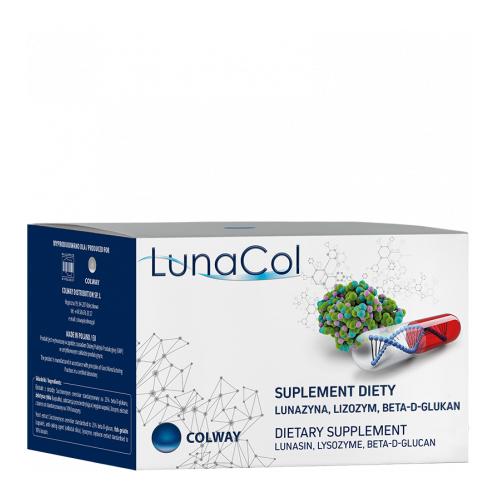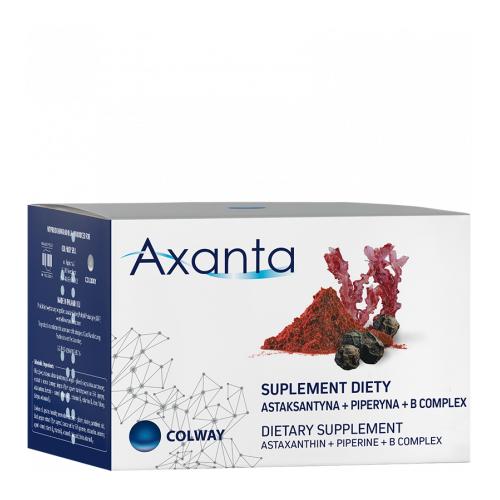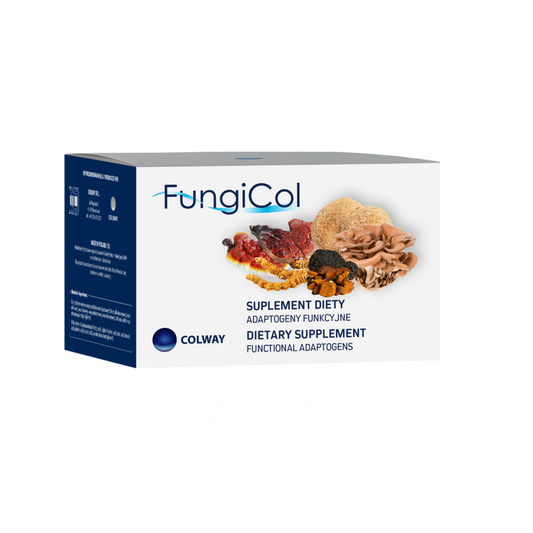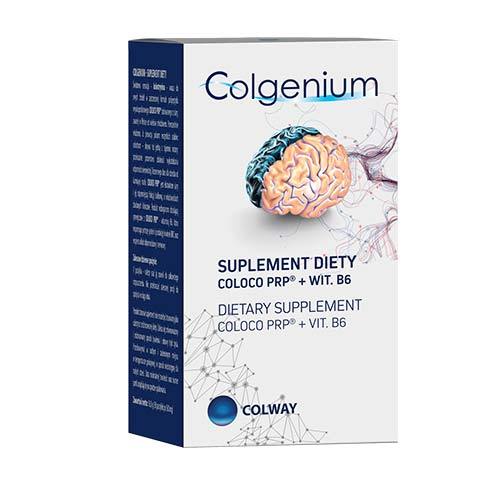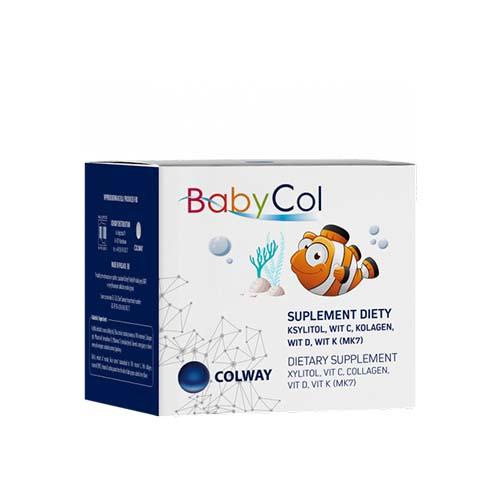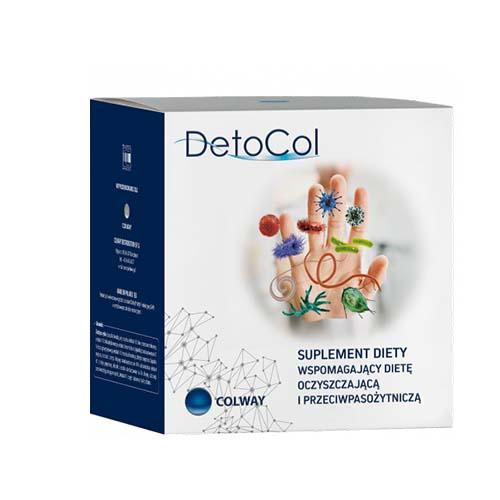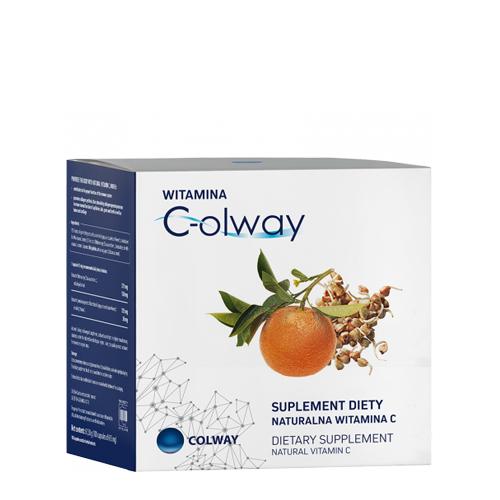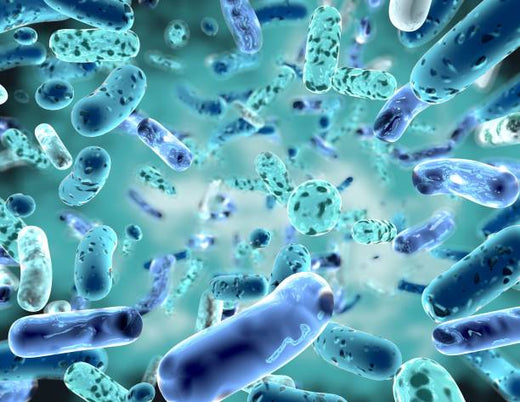Lanosine is a naturally occurring bioactive peptide found in soybeans and other plants that has attracted much interest in recent years for its potential health benefits. The effect of lunasin refers to the various physiological impacts that this unique peptide can have on the human body. These effects include antioxidant, anti-inflammatory, and anticancer properties, among others. This 3,000 word article delves into the Lunasin effect, its potential health benefits, mechanisms of action, and answers some frequently asked questions.
Understanding Lunasin: What is it?
Lunasin is a 43 amino acid peptide that was initially identified in soybeans in 1996. Since then, it has also been found in other plant sources such as barley, wheat, and rye. The peptide is believed to be responsible for many of the health benefits traditionally attributed to soy consumption. Lunasin has gained traction as a potential therapeutic agent due to its ability to modulate various biological processes, including gene expression, cell cycle regulation, and inflammatory response.
Potential health benefits of the Lunasin effect
- antioxidant properties
Lanosine has been shown to exhibit antioxidant properties by scavenging free radicals and reducing oxidative stress. This is significant, as oxidative stress has been implicated in the development of several chronic diseases, including cardiovascular disease, diabetes, and neurodegenerative disorders. By reducing oxidative stress, Lunasin could help protect against these conditions.
- anti-inflammatory affects
Inflammation is a natural response to injury or infection, but it can become problematic if it is chronic or excessive. Lunasin has demonstrated anti-inflammatory effects by inhibiting key inflammatory signaling pathways, such as the nuclear factor-kappa B (NF-κB) pathway. This can help relieve symptoms of inflammatory conditions like arthritis and inflammatory bowel disease.
- anticancer properties
One of the most notable potential benefits of Lunasin is its anti-cancer properties. Numerous studies have suggested that lunasin may inhibit the growth and spread of various types of cancer, including breast, colon, and prostate cancer. The peptide appears to work by modulating gene expression, inducing cell cycle arrest, and promoting apoptosis (programmed cell death) in cancer cells.
- cholesterol regulation
Lanosine has been found to help regulate cholesterol levels by increasing the expression of low-density lipoprotein (LDL) receptors in the liver, making it easier to remove LDL cholesterol from the bloodstream. This could help reduce the risk of cardiovascular disease.
- Potential Neuroprotective Effects
Emerging research has indicated that Lunasin may have neuroprotective effects, with the potential to mitigate the development of neurodegenerative disorders such as Alzheimer's and Parkinson's disease. While the exact mechanisms remain unclear, it is believed that Lunasin's antioxidant and anti-inflammatory properties may play a role.
Action mechanisms
The various health benefits of Launasin can be attributed to its ability to modulate various biological processes. Some of the mechanisms through which Lunasin exerts its effects include:
- Epigenetic Regulation
Lanasin can influence gene expression by interacting with histones, which are proteins that help package DNA into a compact structure called chromatin. By modifying histone acetylation patterns, lunasin can activate or suppress specific genes, which in turn can influence cell function and behavior.
- Modulation of cell signaling pathways
Lunasin can modulate several cell signaling pathways, such as the NF-κB pathway, which plays a crucial role in the regulation of inflammation, immunity, and cell survival. By inhibiting the activation of NF-κB, lunasin can reduce inflammation and potentially prevent the development of chronic diseases.
- Induction of cell cycle arrest and apoptosis
Lanosine has been shown to induce cell cycle arrest and promote apoptosis in cancer cells, thereby inhibiting their growth and proliferation. By targeting specific proteins involved in cell cycle regulation, such as cyclin-dependent kinases (CDKs), lunasin can halt cell cycle progression, preventing cancer cells from dividing and multiplying.
- Modulation of cholesterol metabolism
Launasin's cholesterol-regulating effects are believed to be mediated by its ability to increase the expression of LDL receptors in the liver. This improves the removal of LDL cholesterol from the bloodstream, helping to maintain healthy cholesterol levels and reduce the risk of cardiovascular disease.
Frequently Asked Questions about Lunasin
- What are the main sources of Lunasin?
Lanosine is found predominantly in soybean and soy products, such as tofu, soy milk, and tempeh. Other sources of lunasin include barley, wheat, and rye. Some dietary supplements also contain Lunasin in concentrated forms.
- Is Lunasin safe for consumption?
Lasin is a natural peptide found in commonly consumed plant foods and has not been shown to cause significant adverse effects. However, it is always best to consult with a healthcare professional before starting any new supplement, especially if you have a pre-existing medical condition or are taking medication.
- Can Lunasin interact with medications?
There is limited information on possible drug interactions with Lunasin. As a precaution, it is recommended to consult with a healthcare professional before using Lunasin supplements, especially if you are taking medications for chronic conditions such as high blood pressure, diabetes, or cancer.
- Can Lunasin be used as a cancer treatment?
Although Lunasin has shown promising anticancer properties in laboratory and animal studies, more research is needed to determine its effectiveness as a cancer treatment in humans. It is essential to consult with a healthcare professional before using Lunasin as adjunctive therapy for cancer.
- How much Lunasin should I consume to experience its potential health benefits?
A recommended daily intake of Lunasin has not been established, as its optimal dose may vary depending on individual factors such as age, gender and general health. It is advisable to follow the recommended dosage guidelines provided by the manufacturers if you are using supplements that contain lunasin.
Conclusion
Lunasin's effect encompasses a wide range of potential health benefits, including antioxidant, anti-inflammatory, and anticancer properties. While more research is needed to fully understand its mechanisms of action and establish optimal dosages, Lunasin has shown great promise as a therapeutic agent and dietary supplement. By incorporating lunasin-rich foods like soy and whole grains into your diet or by considering a lunasin supplement, you may be able to harness the power of this unique peptide to support your overall health and well-being. As with any new supplement or dietary change, it is essential to consult with a healthcare professional to ensure it is safe and appropriate for your individual need.




















































































































